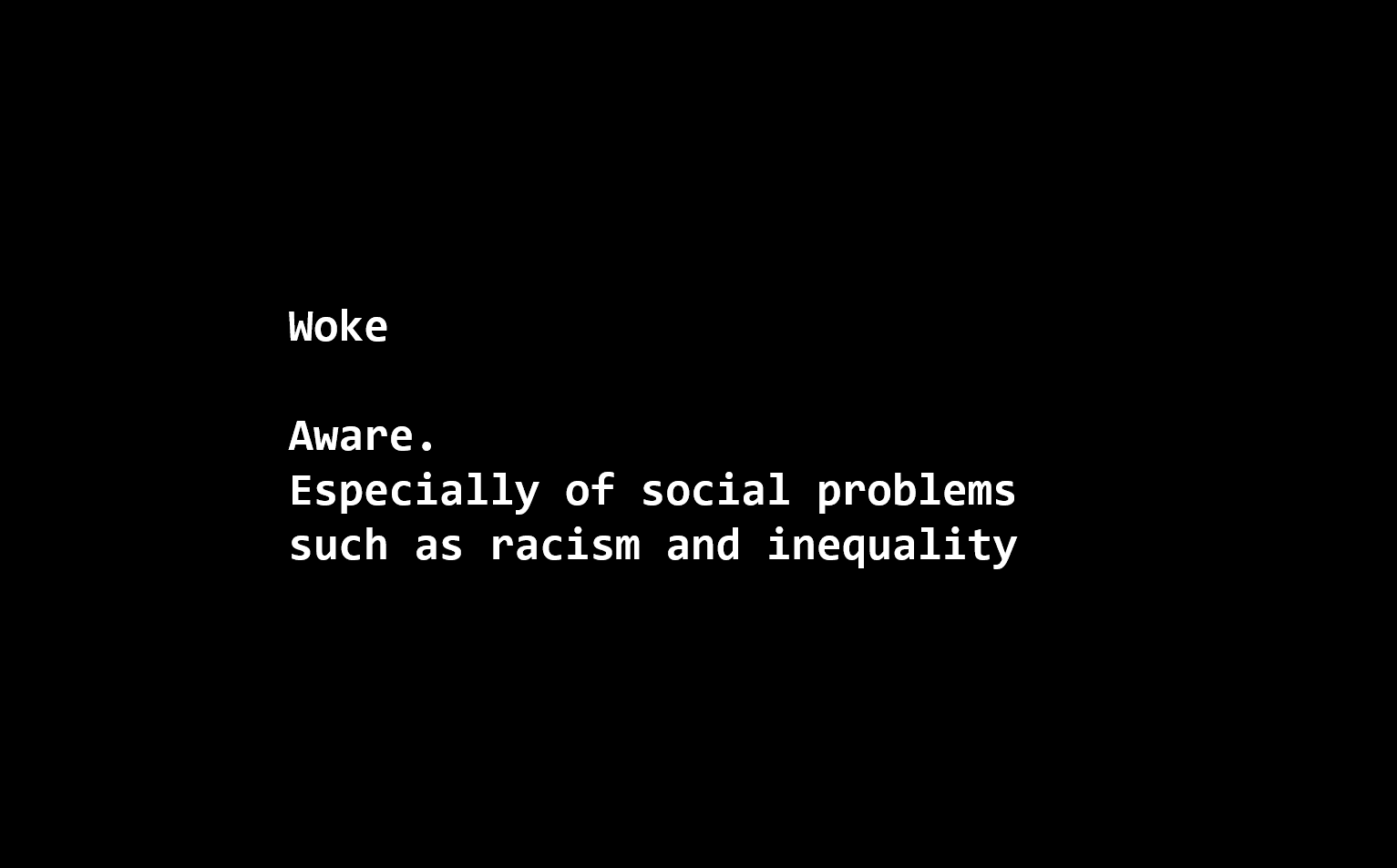Words are powerful.
by Jill Spurr
I have long been fascinated by the power of language.
As a child, books were worlds I disappeared into for hours at a time, utterly absorbed, the language leading me way beyond the wardrobe, through Shakespearean plays and across the windswept moors to Heathcliffe.
Even then, as an eight-year-old who was reading classic novels, I knew that words could reach you on an emotional level. They connect, resonate and unleash emotions that become part of your fabric.
It’s perhaps no accident then that years later, I find myself a communications practitioner, using words to stir emotions, influence behaviour and deliver messages that resonate.
I also like to observe how language evolves. Susie Dent’s daily tweets that resurrect a word that perfectly sums up the current mood. Words added to the dictionary each year – language is not a static thing, but develops and evolves, although that emotional connection remains. Words communicate at our most primordial level, even the newest ones.
Words can also manipulate.
Influence is both a privilege and a responsibility, and increasingly with the ability to self-platform through social media, we are seeing a lack of ethics applied to influence.
While the world is too pandemic-weary to tolerate Ranty McRantface attitudes proverbially yelling at sausage rolls, there is still a Battle Royale for your loyalty and understanding, but it is being carried out in more subtle ways.
Two pieces of language that have become synonymous with the most narcissistic attempts at influence are “cancel culture” and “woke”.
Cancel Culture is invariably the battle cry from someone who has felt the consequences of noxious or outright offensive opinions. They’ve lost their job or their Twitter account for being deeply unpleasant. It’s happening so frequently now; one has to wonder if people are orchestrating their cancel for the lucrative career opportunities offered post-cancel. The luckiest – or should that be the canniest? – people are so cancelled they can wax lyrical to gathered journalists who will offer up a forest-worth of column inches to the creeping evil that is Cancel Culture, and as frequent spokespersons on show after show after show. People are so cancelled, they are everywhere.
What is forgotten, rapidly, is the comment that sits at the beginning of the process, and very often that comment is unkind, unpleasant and has an often quite vulnerable victim. But you know, freedom of speech and all that.
And the reason that we forget that victim so rapidly, apart from the incessant playlist of the 12-inch remix of Cancel Culture the dance anthem, is because remembering vulnerable people as we enter 2022 is becoming “woke”.
Woke is apparently, according to popular media and some key professional opinions, a Very Bad Thing.
Woke means, by dictionary definition (the ultimate arbiter of language, apart from the renowned Ms Dent) “alert to injustice and discrimination in society, especially racism”.
We are being asked to believe, in 2022, that being alert to injustice is wrong by people with huge levels of influence, amplified by a complicit media, and who are often involved in propagating that injustice because of their own biases.
I am incredulous to type that, incredulous it’s true and incandescent that I’ve just seen a leading politician use ‘woke’ and ‘cancel culture’ as pejoratives, in a tweet (irony of ironies) promoting the intended changes to the Human Rights Act.
They said, “One of the greatest threats to our freedom and liberties is the cancel culture promoted by the the (sic) small but vocal woke brigade.”
Respectfully, I disagree. One of the greatest threats to our freedom and liberties – perhaps THE greatest – is the erosion of critical thinking by people using manipulative soundbites on social media that makes you react first, think later. The phenomenon of Cognitive Dissonance ensures that once you believe “woke” describes something that is a threat to your person, you are unlikely to relinquish that thought. That’s why influence, the language we use while platformed, is a responsibility and must be used with consideration. Many of history’s worst villains were compelling orators.
Words are powerful. It matters that headlines describe rape as something passive that happens to a victim. It matters that we talk of immigrants and not refugees (unless we mean ex-pats, of course). It matters which organisation prefaces “Vaccination Program” and “Test and Trace”.
Imagine if the Suffragettes were dismissed as “woke”. Or the people who campaigned for equal rights for any group – it is within living memory that someone could be arrested for being gay, or treated differently and unfavourably because of their ethnicity or disability. While we still have a long way to go, we cannot go backwards because diversity is a beautiful thing, even when it’s not dressed in sequins to waltz and tango on primetime tv.
Freedom of speech surely means that regardless of what is said by people who seek to influence for bad reasons, our understanding is unshaken. It means amplifying those who have no voice or cannot use theirs. It means we remember that being woke is being kind, inclusive and that it benefits society. We remember that if we can still hear you, you’re not cancelled, however many times you shout you are.
We remember that integrity speaks loudest of all: actions are the one thing that speak louder than words.
Jill Spurr is head of communications and marketing at Affinity Trust. You can say hello on Twitter at @dreamworkbc
*Sign up for the comms2point0 eMag*
The comms2point0 eMag features exclusive new content, free give-aways, special offers, first dibs on new events and much, much more.
Sound good? Join over 3k other comms people who have subscribed. You can sign up to it right here.

